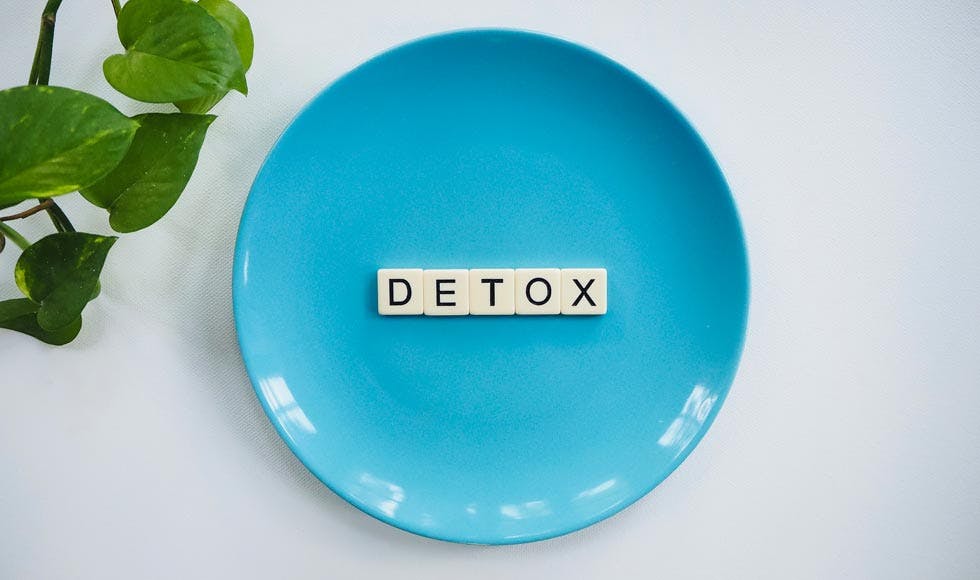
- Health hub/
- Weight management/
- Early eaters lose more weight


Meal timing and weight loss
A great deal of dietary advice for weight control is focused on what you eat, and how much. Meal timing also brings into question the topic of when you eat, and the impact this has on your body shape. For example, there is much debate about the importance of breakfast compared to other meals, while whole books have been written about the size and carbohydrate content of your evening meal. Research has been done into the impact on weight loss depending on how early or late you eat your meals.
The research
A recent study compared the impact on weight loss in 420 men and women who ate lunch before or after 3:00pm. Following 20 weeks of weight loss treatment, it was discovered that the late lunch eaters displayed a slower rate of weight loss, and lost less weight in total compared to the early lunch eaters. Surprisingly, this difference in weight loss could not be explained by variations in how many kilojoules they ate, the types of food they ate, kilojoules expended through activity, appetite hormones and sleep duration. However, the late lunch eaters had smaller breakfasts, were more likely to skip breakfast, ate a later dinner, and demonstrated significantly higher levels of insulin resistance. The fact that lunch timing had more impact on weight loss than breakfast or dinner was surprising. However, it's important to note that the study subjects were Spanish who, like many Mediterranean people, eat lunch as their main meal, making up approximately 40% of their daily kilojoule intake. These findings relate to previous research highlighted in this study, where people who ate after 8:00pm had increased body mass index independent of sleep timing and duration. The mechanism as to why meal timing has such a dramatic influence on weight loss is still uncertain, but one notable difference between the two groups was insulin sensitivity. This condition forces the body to produce higher levels of the fat storing hormone insulin to keep blood glucose stable.
The implications for your diet
It seems that the timing of the meals may be an important and independent factor in weight control. Weight loss effectiveness may be compromised by eating a higher proportion of your kilojoule intake later in the day.
Here are some practical lifestyle strategies that can be taken from this research:
Don't skip breakfast - A healthy breakfast sets a good pattern for the day, boosting your nutrient and fibre intake, elevates energy levels, and prevents hunger later in the day. Even if you don't feel like a big breakfast, try to have something light, such as a piece of fruit, or low fat natural yoghurt.
Avoid a late lunch or dinner - Try to finish lunch well before 3:00pm, and dinner well before 8:00pm. This helps to regulate your appetite and prevent late night eating.
Manage your portion sizes at night - While it may be hard to avoid making dinner your mail meal, try not to go overboard on your portion sizes. Eat just enough to curb hunger before you go to sleep. This also sets up a good pattern by making you feel hungrier in the mornings and more open to a bigger breakfast.
Manage your carbs at night - Minimally processed low glycaemic index (GI) carbohydrates help to reduce the release of the fat storage hormone insulin, and may help to prevent insulin sensitivity. Examples include brown rice, wholemeal pasta, water-rich vegetables and legumes.
Include protein at every meal - Include some form of quality protein in every meal to maximise hunger satisfaction, reduce the GI of your meals, and help control your kilojoule intake. Examples of quality proteins include lean meats, low fat dairy products, eggs, tofu and nuts and seeds.
Keep your overall kilojoules down - While reducing the proportion of kilojoules you eat later in the day may help boost your rate of weight loss, it's still vital to keep your overall kilojoule consumption in check.
References available on request




